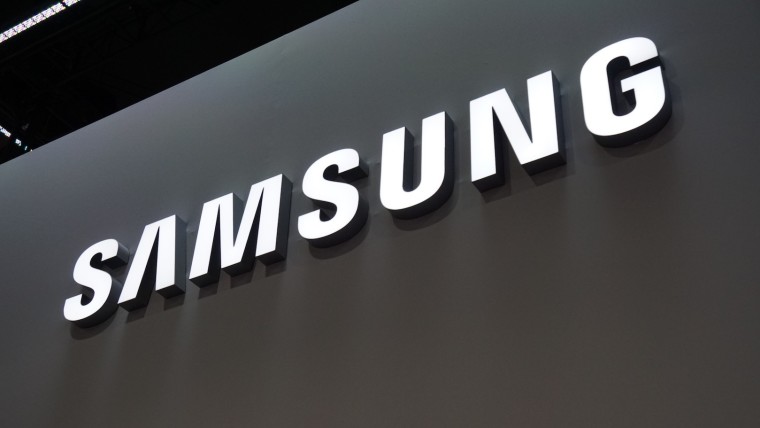
Samsung and LG have both posted their earnings results for the second quarter of the year, and both companies saw revenue slip. 2020 has notably been marked by the COVID-19 pandemic, which resulted in lower demand for some products.
Samsung saw revenue drop 4% from the previous quarter to 52.97 trillion won (roughly $44.33 billion), which is also down 6% from the second quarter of 2019. Despite that, operating profit increased 26% from the previous quarter to 8.15 trillion won ($6.82 billion), which is also a 23% increase year-on-year. This is in line with the company's guidance from earlier in the month, and Samsung attributes this growth to increased demand for memory chips and appliances, plus a "one-off gain" in its display panel business.
Samsung's semiconductor business, which includes its memory chips, posted 18.23 trillion won ($15.25 billion) in revenue, up from 16.09 trillion won ($13.46 billion) in the same period of last year. Profits saw an even more dramatic increase to 5.43 trillion won ($4.54 billion) from 3.4 trillion won ($2.84 billion). The display panel business saw a drop in revenue year-on-year from 7.62 trillion won ($6.37 billion) to 6.72 trillion won ($5.62 billion), but this quarter saw slightly better results than the first quarter of 2020, despite waning demand.
Samsung's smartphone division posted 20.75 trillion won ($17.36 billion) in revenue, which is a significant drop year-on-year from 25.86 trillion won ($21.63 billion), but profits actually went up to 1.95 trillion won ($1.63 billion) from 1.56 trillion won ($1.3 billion) thanks to efficient cost management and less marketing spending. Finally, the consumer electronics, which includes TVs and home appliances, division saw revenue of 10.17 trillion won ($8.5 billion) in revenue, down from 11.07 trillion won ($9.26 billion) in the same quarter of 2019, but profits were actually slightly up to 0.73 trillion won ($610.28 million) from 0.71 trillion won ($593.56 million).
As for LG, revenue dropped from 15.63 trillion won ($13.07 billion) in the second quarter of 2019 to 12.83 trillion won ($10.73 billion) in the same period this year. Profits also dropped significantly from 652.3 billion won ($545.32 million) to 495.4 billion won ($414.15 million).
Diving into its divisions, the LG Home Appliance & Air Solution Company saw revenue drop to 5.16 trillion won ($4.31 billion) from 6.1 trillion won ($5.1 billion), and profits dropped from 717.5 billion won ($599.76 million) to 628 billion won ($525.13 million). The LG Home Entertainment Company also saw revenue drop to 2.26 trillion won ($1.89 billion), down from last year's 3.67 trillion won ($3.07 billion). Profits were also down from last year's 205.6 billion won ($171.9 billion) to 112.9 billion won ($94.4 million).
The LG Mobile Communications Company, the smartphone division, saw declining revenue from last year - from 1.61 trillion won ($1.35 billion) to 1.31 trillion won ($1.1 billion) - but it was actually significantly higher than the previous quarter. The company continues to reduce its losses, though, which were 206.5 billion won ($172.65 million), down from 313 billion won ($261.7 million) in the same period of last year.
The LG Vehicle Component Solutions Company saw revenue of 912.2 billion won ($762.69 million), down from 1.42 trillion won ($1.19 billion) in the second quarter of 2019, and operating losses spiked to 202.5 billion won ($169.31 million) - from 55.8 billion won ($46.65 million) - due to many automakers shutting down manufacturing because of the pandemic. Finally, the LG Business Solutions Company posted revenue of 1.31 trillion won ($1.1 billion), after reporting just 675.5 billion won ($564,79 million) in the same period of last year, with operating profits of 98.3 billion won ($82.19 million), compared to last year's 58.1 billion won ($48.57 million).
















